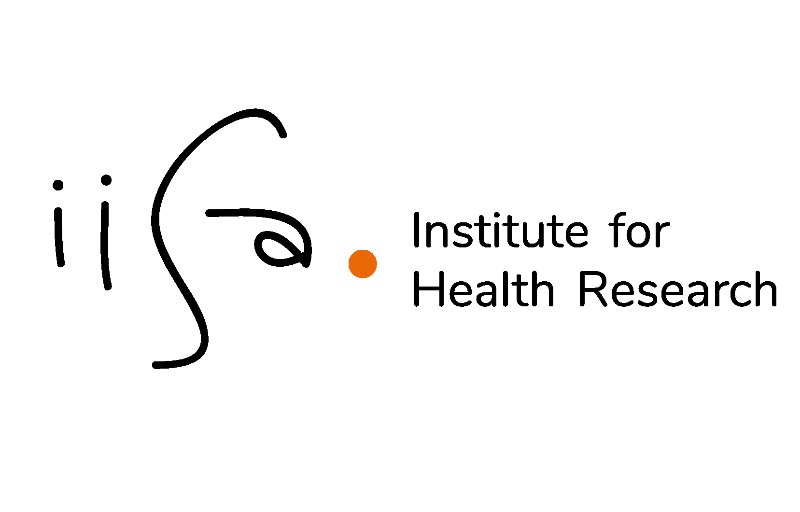

|
|
| Address | CIBA building Avda. San Juan Bosco 13 planta 0. 50009 Zaragoza, Spain |
|---|---|
| Platforms | Biomarkers, Vaccines |
About IIS Aragón
The Institute for Health Research Aragón (IIS Aragón) is a joint biomedical centre integrated by the hospital complex (including Hospital Clínico Universitario Lozano Blesa – HCULB, Hospital Universitario Miguel Servet – HUMS and Primary Health Care), the University of Zaragoza and Health Sciences Institute of Aragón (IACS).

IIS Aragón was created in 2014 by the Government of Aragón and the University of Zaragoza, obtaining the Health Research Centre of Excellence accreditation by the National Health Institute Carlos III (ISCIII) in order to facilitate research and innovation in health services, generating knowledge and transferring it to the healthcare services of Aragón. The reference population of the hospital complex are all the inhabitants of the Aragonese community, with more than 1.3 million people.
IIS Aragón specific aims are:
- To encourage basic and applied research to become closer to healthcare services.
- To build a research and training quality environment useful for health professionals, training specialist and students.
- To create a suitable space to attract talent into the scientific and technological facilities in the region.
IIS Aragón currently has more than 1100 affiliated professionals, including PhD, graduates, predoctorals, mid-level technicians, administrative and auxiliary staff. Most of these professionals combine their research with clinical work, teaching or both, in Hospitals, Health Centres or the University. The staff of IIS Aragón is mainly clinicians (70.3% approx. of professionals work in the Hospital) followed by teachers at the University of Zaragoza (23.25%). The rest is directly linked to the research institute.
1100 investigators are involved in 92 research groups whose activity is organised in six scientific programmes, including:
1) neuroscience, mental health and organs of senses (14 research groups);
2) immunity, cancer and infectious or molecular-based diseases (30 research groups);
3) cardiovascular, metabolism and nutrition (16 research groups);
4) technologies and innovation applied to health (21 research groups);
5) research and innovation in nursing and health care (4 research groups);
6) public health, chronicity, health services and primary healthcare (7 research groups).
















